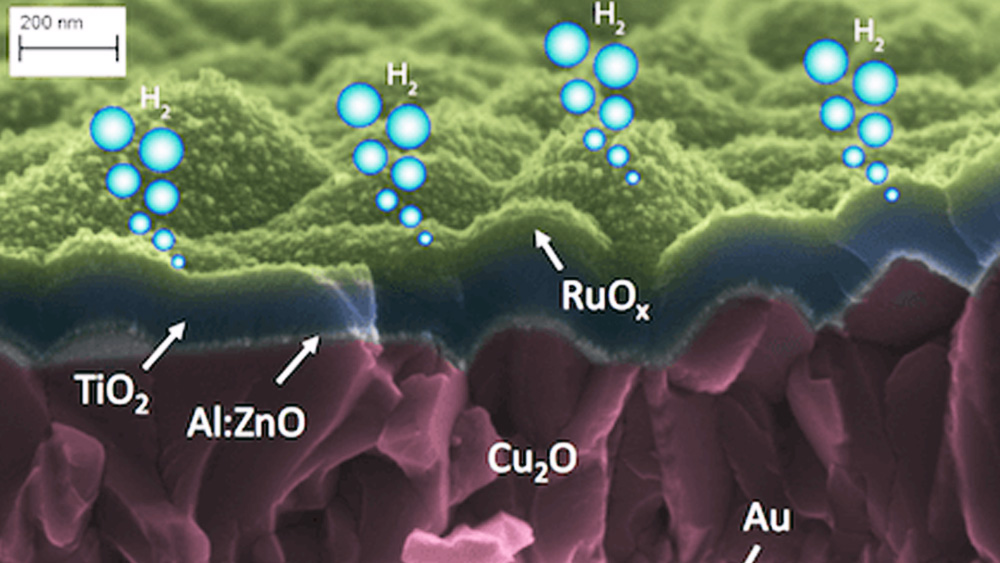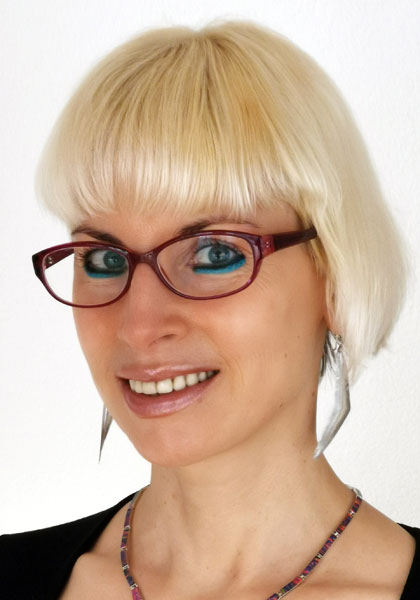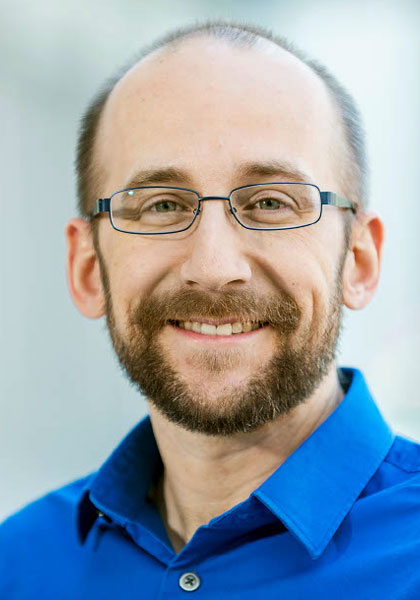Boost for Sustainable Use of Resources
Energy, fuels, materials, food: in these times of climate emergency, sustainable production and use of these vital resources is more important than ever. Carbon-neutral alternatives that can compete commercially with existing fossil-fuel-based processes are needed. But developing innovative ideas into marketable technologies requires enormous amounts of funding.
100 million Swiss francs
The Swiss Werner Siemens Stiftung (WSS), a Zug-based foundation, is now offering the prospect of 100 million in funding for an innovative interdisciplinary research project on the sustainable use of resources. It announced the competition to mark its 100th anniversary in 2023. Ultimately, the best project idea will win 100 million Swiss francs spread over ten years. The funding will be used to establish and run a WSS research center for technologies for sustainable resource use.
The competition was open to research groups from Germany, Austria and Switzerland. A total of 123 project ideas were submitted to WSS, six of which have now been shortlisted and granted one million Swiss francs for development of their ideas. Using these funds, the researchers now have until the fall to develop their initial idea into a concept for a WSS research center, and thus compete for the 100 million Swiss francs.
Greta Patzke and David Tilley
Among the six selected project groups is the interdisciplinary team led by UZH’s Professor Greta Patzke, director of the University Research Priority Program “LightChEC – Solar Light to Chemical Energy Conversion”, and Professor David Tilley, head of the research group “Renewable Energy and Sustainable Chemistry” at the Department of Chemistry. Their idea is to develop new high-performance, low-cost semiconductor particles that can split water into hydrogen and oxygen using solar energy. Hydrogen is considered to be a promising future energy source, provided it is produced in a climate-neutral manner.
Green hydrogen
The team has been studying solar hydrogen production for some time. In recent years, there has been great progress in the targeted design and understanding of catalytic materials. This now paves the way for a new style of reactor called solar particulate panel (SPP) reactors – in simple terms, highly efficient solar panels that generate hydrogen through the direct use of sunlight. In particular, the researchers managed to produce and analyze in detail several novel catalysts that accelerate the process of splitting water and make it more efficient. “Our basic research to date has been successful,” says Tilley. “Life-cycle analysis by other parties has shown that in principle, solar hydrogen production using semiconductor catalysts is already capable of being commercially competitive. Now we want to develop this process further and improve its practicality.” To achieve this, the materials used must be efficiently synthesized, optimized and tested for their economic efficiency and environmental compatibility. “The aim is to establish a sustainable hydrogen production process,” says Tilley.
Efficient and environmentally friendly ...
If Patzke and Tilley’s project idea wins the WSS competition at the end of the year and receives the 100 million, the team will research and develop SPP reactors based on various catalysts at the new WSS research center. Demonstration reactors of more than 100m2 panel area each would then be built over the next ten years.
... cost-effective and versatile
It is not only the conversion efficiency of these plants that is important. The team need to make sure that the panels will remain usable and recyclable for a long time, and that their location and positioning has a minimal effect on the surrounding environment. In addition, the catalysts should be made from the most widely available, cost-effective and environmentally friendly basic materials. The ecological footprint, the long-term safety and the sustainability of the technology are therefore integral parts of the interdisciplinary research project, in which the Swiss Federal Laboratories for Materials Science and Technology (EMPA) in Dübendorf and the Swiss Federal Institute of Aquatic Science and Technology (EAWAG) at ETH Zurich are collaborating alongside the UZH Department of Chemistry.
In the long term, SPP reactors are expected to produce other substances in addition to environmentally friendly hydrogen. According to the researchers, the technology will one day also make it possible to produce basic chemicals, to convert carbon dioxide into low-cost liquid fuels or to produce sustainable fertilizer from nitrogen.


